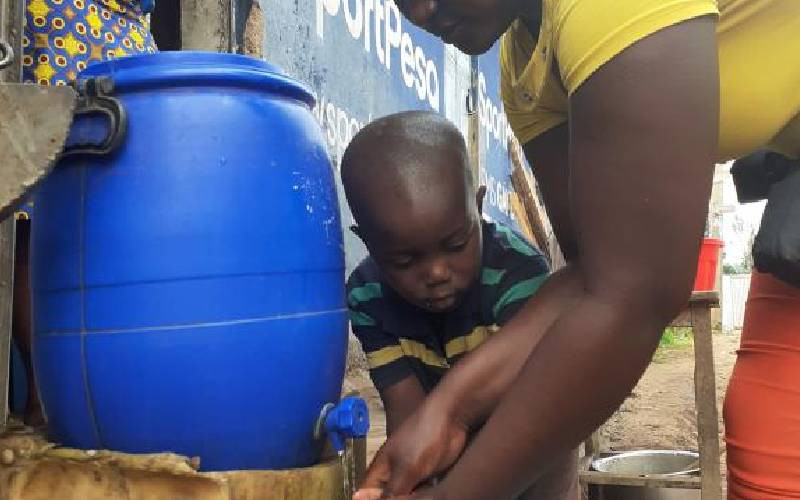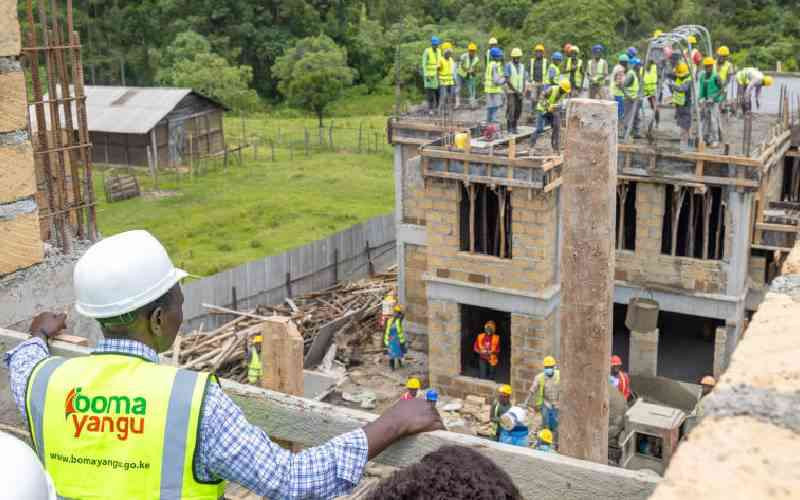
Migori residents have been warned against defecating in the bush and sugarcane plantations, and encouraged to build toilets in their homesteads as Governor Ochilo Ayacko’s administration strives to reach 100 per cent of latrine coverage.
Despite the county government recording a latrine coverage of 83. 22 per cent, Migori Health County Executive Committee member (CECm) Caleb Opondi said they must strive to close the remaining gaps, ensure access for all, and sustain the gains they have made.
According to the Migori Health department, 80 per cent of what they treat in Migori County is unsafe water, sanitation, and hygiene (WASH) related.
The WASH-related diseases include diarrhea, cholera, typhoid, and hepatitis A and E.
Opondi said their goal was to prevent water-borne diseases and reduce the number of people visiting health facilities with WASH-related diseases that have been affecting the lives of communities that don’t have toilets.
“We as a county government are looking forward to being an open-defecation-free county where each and every household would have a latrine and none will be going to the field to defecate,” said Mr. Opondi.
He noted that Awendo Sub-County, which they chose as their venue for the World Toilet Day celebration,s was lagging behind with only 67 per cent of its population having clean and accessible toilets.
The remaining 33 per cent is said to have been defecating in sugarcane plantations.
This population has been asked to strive to have toilets to prevent disease outbreaks brought by open defecation.
“We are going to collaborate with the NGAO team, partners and CHPs to ensure that every household has a latrine that is good and accessible,” Opondi remarked.
The health CEC rallied residents and health stakeholders to renew their commitment to a healthier, cleaner, and more dignified future for every household in Migori County.
“Together, we can achieve a county where safe sanitation is not a privilege, but a guarantee for all,” he said.
Public Health Chief Officer Mabel Chanzu pointed out that latrine coverage in Awendo was not very good.
“We have been encouraging the community to improve so that we can be able to prevent illnesses related to WASH. If all of us have toilets, we shall have reduced on these conditions.” Ms. Chanzu said.
She highlighted that together with partners, which include UNICEF, AMREF, Kenya Red Cross, Lwala Community, Plan International, Care Kenya, they would curb the WASH-related diseases and ensure that they have total sanitation covered.
Stay informed. Subscribe to our newsletter
Gordon Oluoch, an official from Care International Kenya, said they have been working towards enhancing the issue of safe water, especially for the children in a bid to prevent water-borne diseases.
“We work with the Ministry of Health through which we distribute water purifiers to households,” Opiyo said.
He stated that they were also improving on the issue of access to water.







